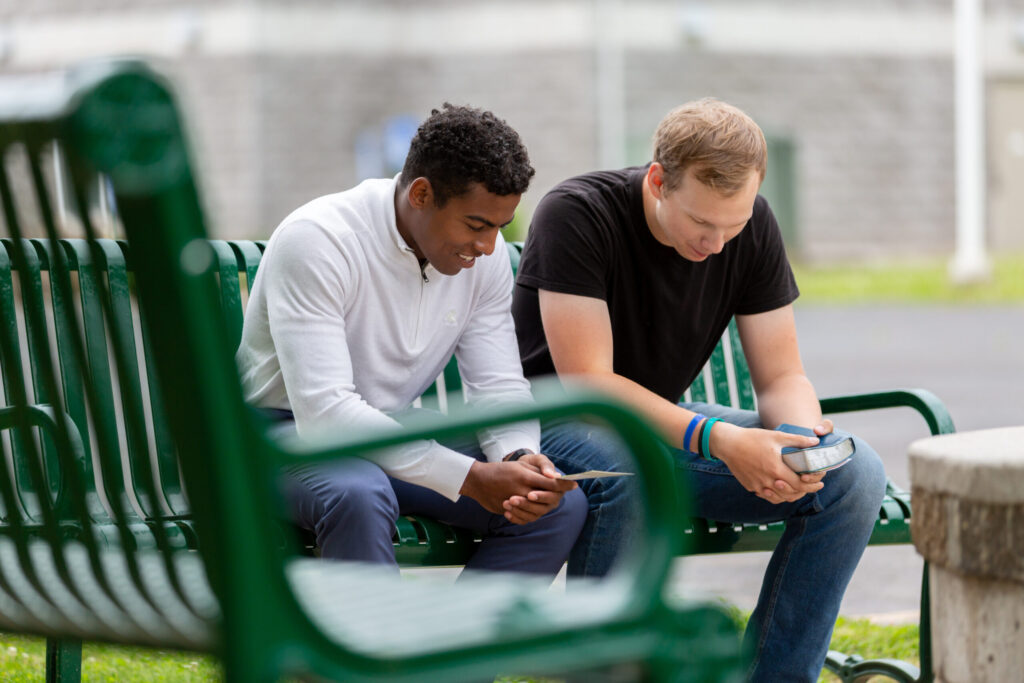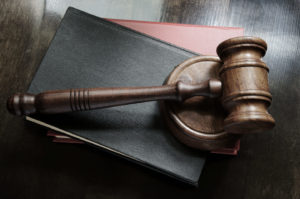Supreme Court urged to hear case of man arrested for sharing faith in public
(The Daily Signal) – Anyone who has his First Amendment rights trampled by an unconstitutional act of government should be able to regain those rights in court, but that might not be the…

(The Daily Signal) – Anyone who has his First Amendment rights trampled by an unconstitutional act of government should be able to regain those rights in court, but that might not be the case if the Supreme Court allows a recent federal court’s decision to stand.
That’s the argument attorneys at First Liberty Institute made recently in asking the U.S. Supreme Court to hear the case of Gabriel Olivier.
Olivier’s religious faith compels him to share his beliefs with his fellow citizens in public settings. The First Amendment grants him the right to do so. But a local ordinance in the city of Brandon, Mississippi, sets limits on where and when he can engage in the free exercise of his beliefs, effectively censoring Olivier’s evangelism.
He was arrested and fined when he attempted to share his faith in a public park near a well-attended event in the city’s amphitheater. He was outside the city’s designated “protest zone,” an out-of-way spot Brandon has reserved for Olivier’s and others’ expression.
Olivier did not contest the charge and paid the fine, but he wanted to go back to the park at a later time to continue with his evangelism. Looking to avoid a second arrest, Olivier challenged the ordinance in federal court to stop the city from enforcing it against him in the future.
But the district court dismissed his constitutional claim, and, on appeal, the U.S. Court of Appeals for the 5th Circuit agreed with this result, holding that Olivier could not challenge the local ordinance even if its future enforcement would violate his constitutional rights. That’s a subversion of constitutional freedoms that should scare us all.
The two courts believed the state court criminal system rather than the federal courts should be the final arbiter of Olivier’s right to free speech and free exercise of religion in this context.
The 5th Circuit relied on a misreading of the U.S. Supreme Court’s decision in Heck v. Humphrey. In that case, the court held a plaintiff prisoner serving a sentence under a state conviction could not bring a lawsuit under section 1983 of the Civil Rights Act challenging the conviction or the sentence. The Supreme Court reasoned that prisoners are afforded a different option, known as habeas corpus, to pursue their rights in this regard.
However, Olivier was not a prisoner. Nor does he seek to overturn the conviction. He just wants the court to strike down the unconstitutional ordinance so he can share his faith again. The court should have at least considered his arguments. Nothing in Heck precludes forward-looking claims like that sought by Olivier.
When Olivier was denied a hearing before the full panel of judges of the 5th Circuit, Judge James Ho wrote a dissent, noting the absurdity of the three-judge panel’s original decision holding that Olivier’s claims were barred by the Heck precedent:
The fact that Olivier was previously convicted under the ordinance should make him not just a permissible but a perfect plaintiff. But instead, [5th Circuit precedent] uniquely prohibits citizens like Olivier from bringing suit. That gets things entirely backwards. And it sends an odd message to citizens who care about defending their constitutional rights. On the one hand, we tell citizens that you can’t sue if you’re not injured. But on the other hand, we tell them that you can’t sue if you are injured.
With Olivier’s petition to the Supreme Court, the court has the opportunity to intervene and resolve an issue that has sharply divided circuit courts: whether a person previously convicted under a law can bring a lawsuit to attempt to declare that law unconstitutional and prevent its enforcement against him and others in the future.
Until the Supreme Court provides clarity on this question, lower courts may continue to—as stated in the case Martin v. City of Boise— “struggle applying Heck to ‘real life examples’” such as this one.
This case has significant implications for other citizens who are doubly protected by the First Amendment’s free exercise and free speech clauses. As stated in New Orleans Public Service, Inc. v. Council of City of New Orleans, “There is no greater federal interest” than enforcing this “explicit constitutional guarantee.”
All Americans deserve their day in court when constitutional rights are at stake. Olivier’s case gives the U.S. Supreme Court the opportunity to make sure they get that day.



